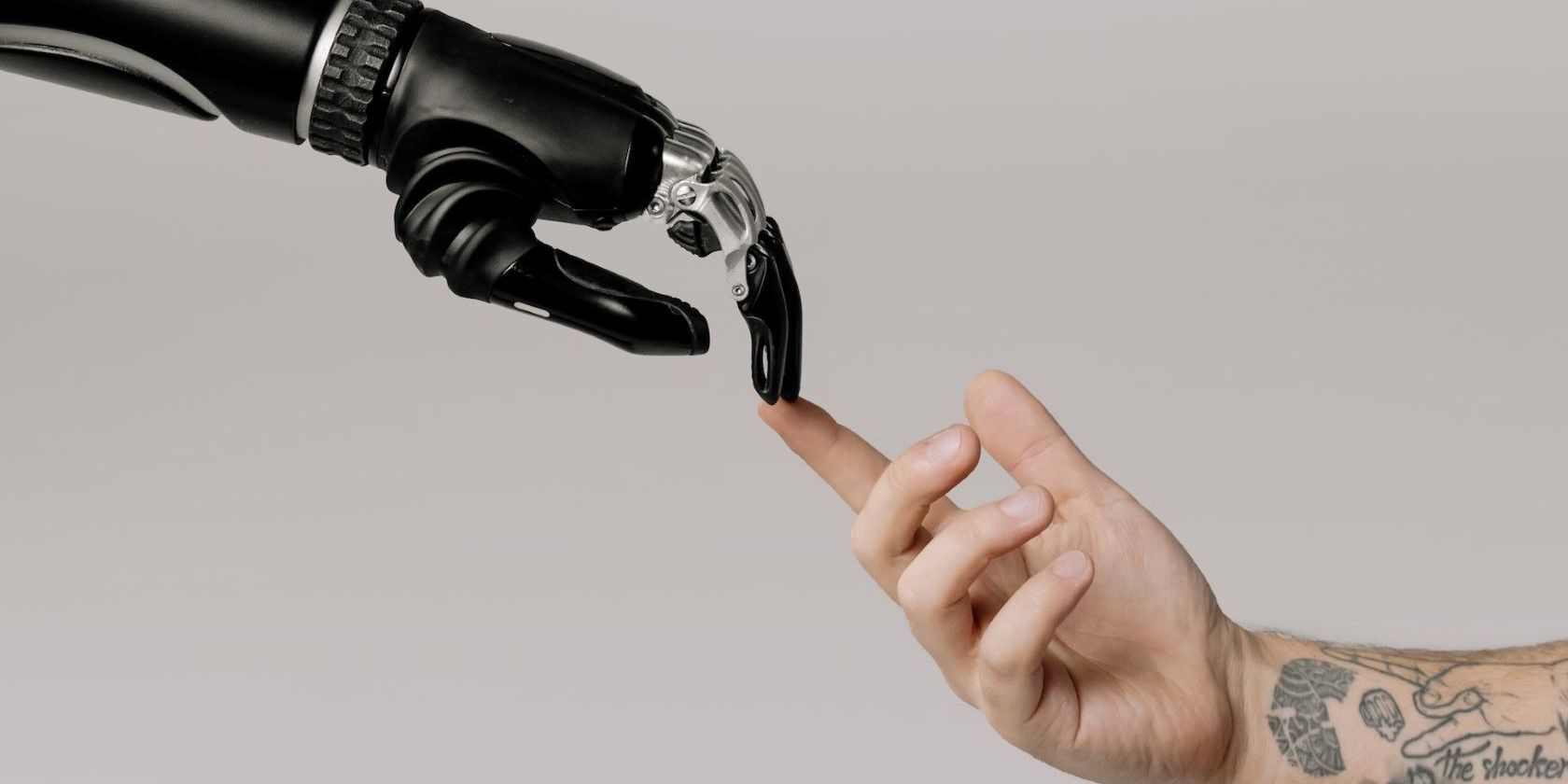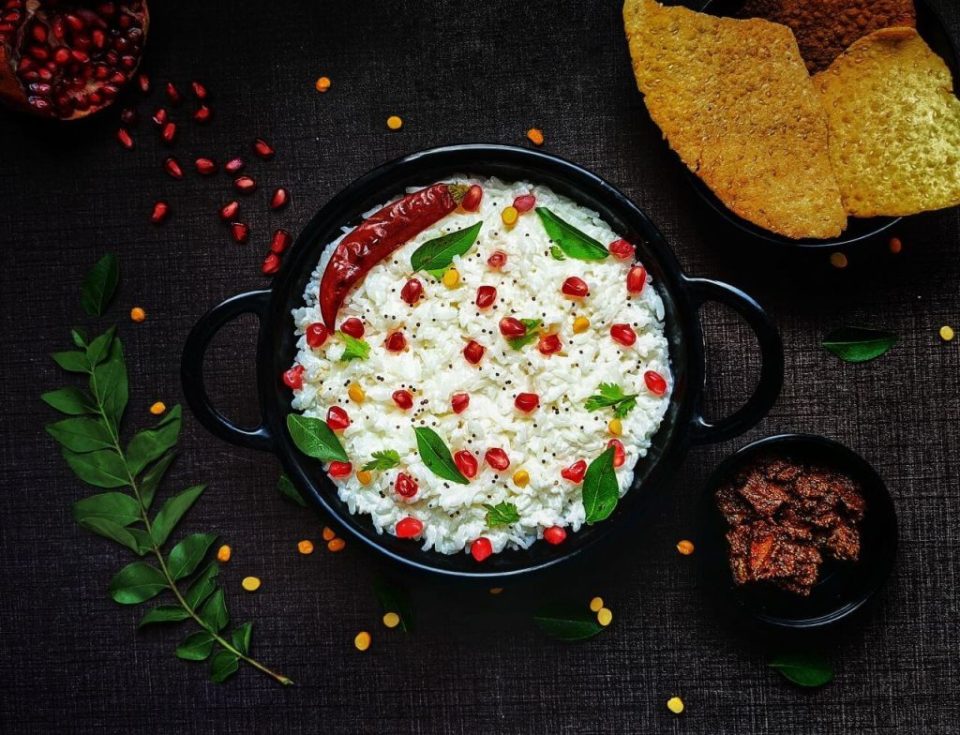
Start Urdu Learning with Key Essentials

Start Urdu Learning with Key Essentials
Improving your Urdu vocabulary is one of the key aspects of learning Urdu . The more Urdu words you’ll know, the closer you’ll be to fluency. But keep in mind that not all words are equally important. In the beginning, you have to focus on basic, high-frequency words – words that make up the majority of everything we say on a daily basis.
Studies have shown that knowing as little as 100 words will help you understand 50% of any text in Urdu. Surprising as it may seem, it’s true. The most common 1,000 words in Urdu will give you a high coverage of 75% of any Urdu text. Isn’t that amazing?
The most common everyday Urdu words
The everyday words in Urdu are the ones you’ll probably use the most in your daily conversations. This is why we are going to focus on these high-frequency, high-value words first and then move to some of the most popular words in online searches.
- easy — آسان (aasan)
- hard — مشکل (mushkil)
- good — اچھا (acha)
- bad — برا (bura)
- near — نزدیک (nazdeek)
- yes — ہاں (haan)
- no — نہیں (nae)
- (to) have — رکھنا (rakhta)
- (I) use — میں استعمال کرتا ہوں (Mein istemal karta hoon)
- (to) go — جانا (jana)
- (to) come — آنا (aana)
- (to) laugh — ہنسنا (hansna)
- (to) make — بنانا (banana)
- (I) like — میں پسند کرتا ہوں (Mein pasand karta hoon)
- (to) want — چاہنا (chahna)
- (to) take — لینا (laina)
- (to) see — دیکھنا (daikhna)
- far — دور (door)
- small — چھوٹا (chota)
- big — بڑا (barha)
- beautiful — خوبصورت (khoobsoorat)
- ugly — بدصورت (badsoorat)
- hard — مشکل (mushkil)
- delicious — مزیدار (mazaydar)
- week — ہفتہ (hafta)
- year — سال (saal)
- today — آج (aaj)
- tomorrow — کل (kal)
- yesterday — کل (kal)
- hour — گھنٹہ (ghanta)
- minute — منٹ (minet)
- time — وقت (waqt)
- Monday — پير (peer)
- Tuesday — منگل (mungal)
- Wednesday — بدھ (budh)
- Thursday — جمعرات (jumarat)
- Friday — جمعہ (jumma)
- Saturday — ہفتہ (hafta)
- Sunday — اتوار (itwar)
- zero — صفر (sifar)
- one — ایک (aik)
- two — دو (do)
- three — تین (teen)
- four — چار (chaar)
- five — پانچ (paanch)
- six — چھ (chhey)
- seven — سات (saat)
- eight — آٹھ (aath)
- nine — نو (no)
- ten — دس (das)
- I — میں (mein)
- you — تم (tum)
- he — وہ (wo)
- she — وہ (wo)
- we — ہم (hum)
- they — وہ (wo)
- what — کیا (kya)
- where — کہاں (kahan)
- who — کون (kon)
- stop — رکو (ruko)
The most popular Urdu words searches
While we’re at it, why not also learn some of the most popular words for which people want an Urdu translation? If they are so popular in searches, I’m sure they can also be useful to you on your way to speaking Urdu.
If you study them carefully, you’ll understand the reason why people want to know what these words mean in Urdu. They are very powerful words. Superlatives that can spice up any conversation. Isn’t it?
- weird — عجیب (ajeeb)
- curious — متجسس (mutajassas)
- nostalgic — ماضی میں کھویا ہوا (mazi mein khoya hua)
- gorgeous — خوبصورت (khoobsurat)
- humble — عاجز (aajiz)
- rude — بدتمیز (badtameez)
- obvious — واضح (wazeh)
- fabulous — شاندار (shandaar)
- incredibile — ناقابل یقین (naqaabile yaqeen)
- amazing — حیرت انگیز (hairat angaiz)
- charming — دلکش (dilkash)
- cheap — سستا (sasta)
- crazy — دیوانہ (deewana)
- unique — منفرد (munfarid)
- hope — امید (umeed)
Urdu words related to food and drink
Did you know that the Urdu language was one of the premier languages of poetry in South Asia for centuries? And rightly so. Just listen to the music of its words and you’ll understand.

Meanwhile, let’s add some flavor to your Urdu vocabulary. What are the best words to learn if not the words related to food and drink?
- water — پانی (pani)
- tea — چائے (chaey)
- coffee — کافی (kafi)
- juice — رس (rus)
- wine — واین (wine)
- beer — بیئر (beer)
- alcohol — الکوحل (alcohol)
- chicken — مرغی (murghi)
- fish — مچھلی (machli)
- soup — سوپ (soup)
- salad — سلاد (salad)
- sandwich — سینڈویچ (sandwich)
- pie — پائی (pie)
- bread — روٹی (roti)
- dessert — میٹھا (meetha)
- cake — کیک (cake)
- breakfast — ناشتہ (nashta)
- lunch — ظہرانہ (zohrana)
- dinner — عشائیہ (ishayia)
- salt — نمک (namak)
- sugar — شکر (shakar)
- pepper — مرچ (mirch)
Urdu words related to body and health
The names of the body parts in Urdu are some of the most basic and useful words you can learn. Whether you are in a clothing store, or at the doctor’s office, various parts of the body can come up in conversation more often than you think.
- head — سر (sar)
- hair — بال (baal)
- neck — گردن (gardan)
- chest — سینا (seena)
- arm — بازو (bazu)
- finger — انگلی (ungli)
- foot — پاؤں (paon)
- face — چہرہ (chehra)
- eye — آنکھ (aankh)
- hand — ہاتھ (hath)
- nose — ناک (naak)
- mouth — منہ (munh)
- leg — ٹانگ (taang)
- knee — گھٹنا (ghutna)
- disease — بیماری (beemari)
- allergy — الرجي (allergy)
- fever — بخار (bukhar)
- pain — درد (dard)
- medicine — دوا (dawa)
- pharmacy — دواخانہ (dawakhana)
Urdu words related to transportation and places
While this crash course in Urdu words will get you from zero to beginner in as little as 15 minutes, these words will get you to the other hemisphere if you need it so.
- aeroplane — ہوائی جہاز (hawai jahaz)
- train — ریل گاڑی (rail garhi)
- subway — ریل گاڑی (rail garhi)
- taxi — ٹیکسی (teksi)
- car — گاڑی (garhi)
- bus — بس (bus)
- ticket — ٹکٹ (tiket)
- restaurant — ریستوران (resturan)
- hotel — ہوٹل (hotel)
- airport — ہوائی اڈہ (hawai adda)
- train station — ریلوے اسٹیشن (railway station)
- market — بازار (bazar)
Now that you’ve mastered some of the most basic Urdu vocabulary words, you can dive into the practical phrases that’ll help you ease into real-world conversations.
The most common Urdu phrases
The following phrases in Urdu are a great place to start learning. Simple phrases like ‘good morning’, ‘how are you’ or ‘you’re welcome’ are the most effective way to get from 0 to conversational fast. Learn these phrases today and make Urdu-speaking friends tomorrow!
- Hello — سلام (Salam)
- Good morning — صبح بخیر (Subh bakhair)
- Good afternoon — سہ پہر بخیر (Seh pehar bakhair)
- Good evening — شام بخیر (Sham bakhair)
- Good night — رات بخیر (Raat bakhair)
- Goodbye — الوداع (Alwida)
- How are you? — تم کیسے ہو؟ (Tum kaisay ho?)
- Very well — بہت بہتر (Bohat behtar)
- Please — براہ مہربانی (Barae mehrbani)
- Thank you — تمہارا شکریہ (Tumhara shukriya)
- What is your name? — تمہارا نام کیا ہے؟ (Tumhara naam kya hai?)
- My name is_____ — میرا نام _____ ہے (Maira naam _____ hai)
- Nice to meet you — تم سے مل کر اچھا لگا (Tum say mil kar acha laga)
- Great — زبردست (Zabardast)
- I’m sorry — مجھے افسوس ہے (Mujhe afsos hai)
- You’re welcome — تمہیں خوش آمدید (Tumhein khush aamdeed)
- Excuse me — مجھے معاف کرو (Mujhe muaf kao)
- What time is it? — یہ کون سا وقت ہے؟ (Yeh kon sa waqt hai?)
- Can you help me? — کیا آپ میری مدد کر سکتے ہیں؟ (Kya aap mairi madad kar saktay hain?)
- How much does it cost? — اس پر کتنی لاگت آتی ہے؟ (Is par kitni lagat aati hai?)
Don’t forget that practice makes perfect. If you feel like you need a refresher, you can always come back.
Learn Urdu in just 10 minutes a day
Do you want to see the Urdu words in action? Get Mondly, the award-winning language learning app that will help you speak Urdu from day 1.
It can be really tricky to master Urdu pronunciation if you don’t actively live in a country where it is spoken. But with Mondly you’ll have access to a fast and highly efficient learning method that allows you to learn Urdu naturally with:
- practical topics;
- hands-on, interactive language lessons;
- real-life conversations and so much more.
Start using Mondly for free on your computer or download the app and learn Urdu anytime, anywhere.
Also read:
- [New] 2024 Approved Transforming Team Meeting Aesthetics The Pre/Post Customization Angle
- [Updated] 2024 Approved Optimal Media Transfer Top Free YouTube-MP3 Apps Revealed
- [Updated] 2024 Approved Premier Free Android Recording Apps (No Ads)
- Illuminating Brilliance Photoshop's Best HDR Methods for 2024
- Learn Japanese Numbers In Just 10 Minutes
- Multilingualism in Middle Age: The Cognitive and Social Benefits That Make It Worthwhile
- Resolving the MFC42D.dll File Not Present: A Step-by-Step Guide
- Seafaring Slang Survival Kit: Mastering Piratical Vernacular
- The Easy Way to Progressively Reduce Sound Levels in Lumafusion for 2024
- The Tongue of Truth: Learning Hangul for KS
- Title: Start Urdu Learning with Key Essentials
- Author: Christopher
- Created at : 2024-09-30 22:28:32
- Updated at : 2024-10-01 16:51:13
- Link: https://mondly-stories.techidaily.com/start-urdu-learning-with-key-essentials/
- License: This work is licensed under CC BY-NC-SA 4.0.